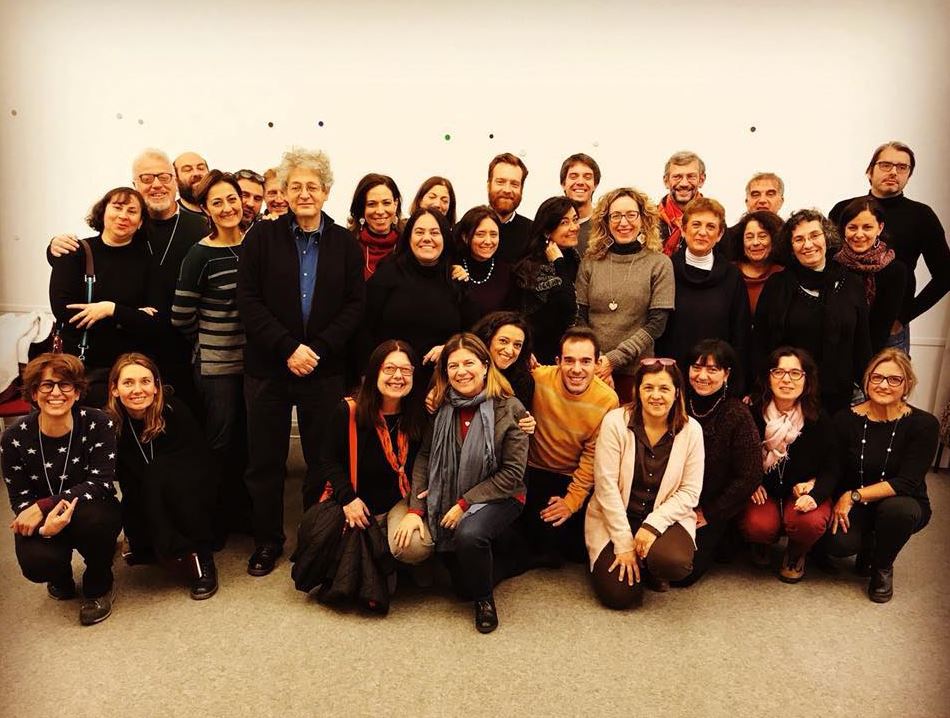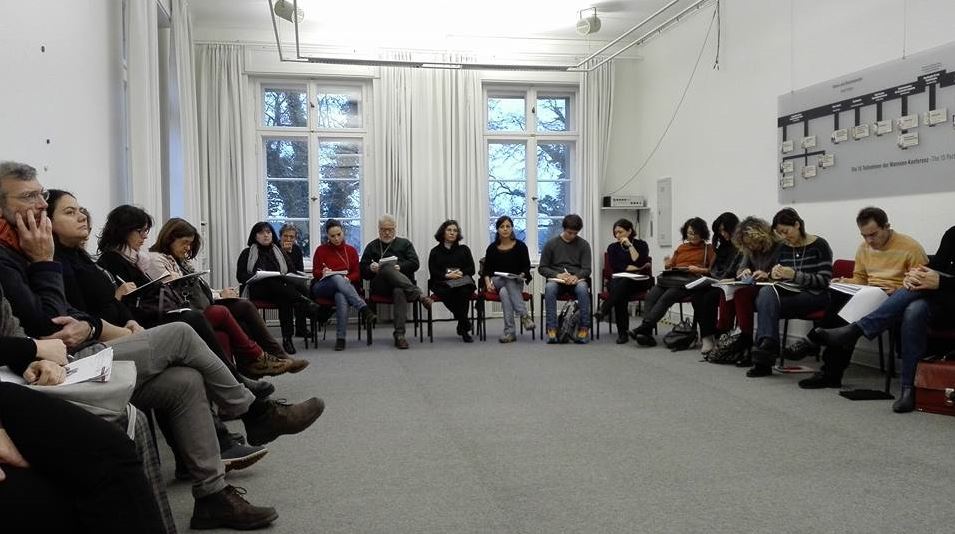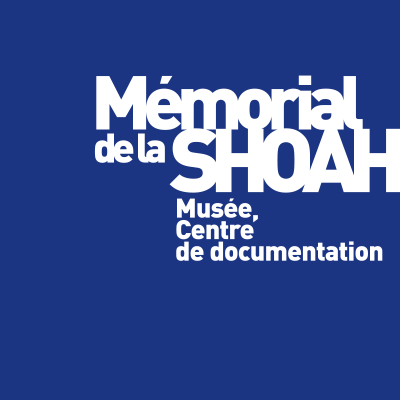3rd edition of the Italian University in Berlin
The third edition of the Italian University organized by the Shoah Memorial in Berlin took place from 2 to 7 December 2017 in the presence of 26 Italian history teachers and educators who came to train on the theme: Rethinking and teaching the history of Nazism.
Organized by the Shoah Memorial in partnership with six German institutions, the seminar offered participants the opportunity to deepen the history of the crimes of National Socialism through a rich program of lectures, educational workshops, debates and guided tours in different memorials commemorating the victims of the Third Reich (the Memorial to the murdered Jews of Europe, the Memorial of the former concentration camp of Sachsenhausen and the forced labor camp of Berlin-Schöneweide) and in emblematic places of Nazism (the Topography of Terror, the Wannsee Conference House and the German Resistance Memorial).
The themes addressed, in an informal context facilitating dialogue and exchanges, sparked a lively debate on the way in which the history of this period is apprehended and taught in Italy: anti-Semitism in Weimar Germany and under the Hitler regime, the implementation of the Final Solution, the memory of national socialism in contemporary Germany, individual resistances against the regime. The program of the University has also contributed to stimulate a collective reflection concerning the memorial process of the history of deportation in Italy (more than four hundred Italians were imprisoned in Sachsenhausen) and forced labor of which the gigantic magnitude (about 26 million people were victims of this criminal practice) is an essential element in the history of the Second World War although it is a crime still little studied and taught in schools. In this context, the visit to Sachsenhausen and the forced labor camp in Berlin-Schöneweide, but also a temporary exhibition dedicated to the 650,000 Italian soldiers captured by the German army after September 8, 1943, allowed the participants to develop a new approach to these events and to find in the new exhibitions presented many educational avenues to take up these topics in class with their students.
If the architectural and urban landscape of Berlin represented the ideal context to enrich throughout the seminar the reflection on the relationship between history, politics and memory in Germany, leading to comparisons with the Italian panorama, one of the highlights of the program was the meeting with the museum and memorial officials visited who made available to the participants their educational resources.
In partnership with:
- Haus der Wansee-Konferenz Gefran-und Bildungsstätte/ House of the Wannsee Conference Memorial and Educational Site
- Supplemental Files NS-Socks work Berlin-Schöneweide (Berlin-Schöneweide Nazi Forced Labor Documentation Center)
- Stiftung Topographie des Terrors / Topography of Terror Foundation – with the: The Nazi Forced Labour Documentation Centre in Berlin-Schöneweide
- Stiftung Denkmal für die jugé Acks Estonia /Memorial to the Murdered Jews of Europe and Information Center
- Catamaran Deutscher Suicidal Heart / The German Resistance Memorial Center
- Fax House und Museum Sachsenhausen/ Sachsenhausen Memorial und Museum






